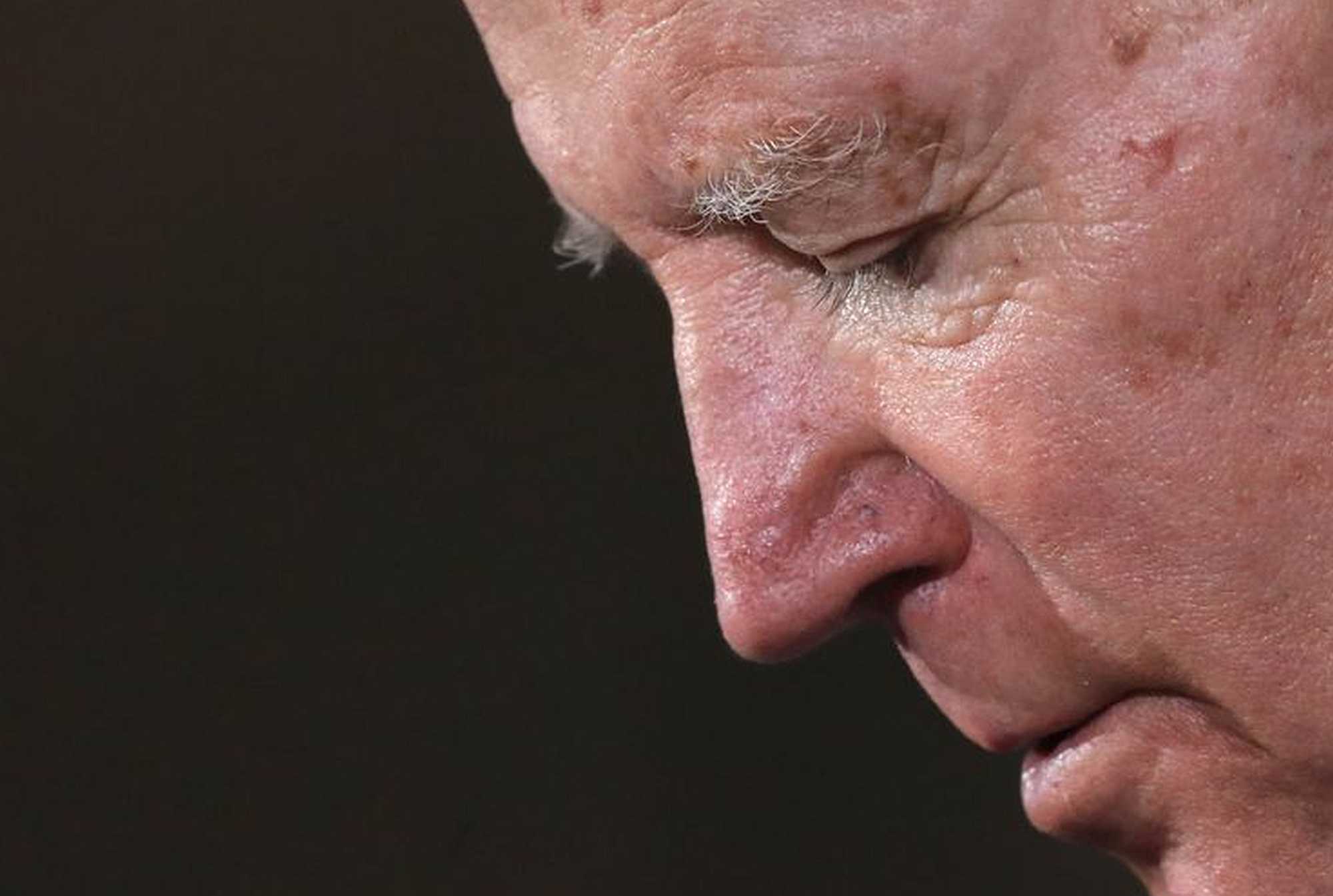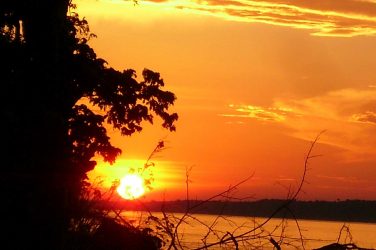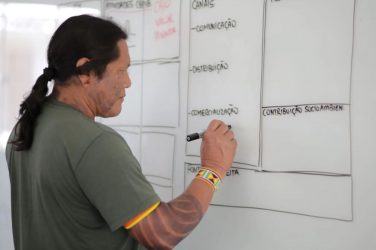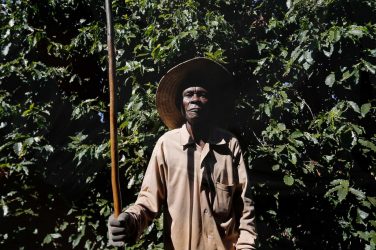U.S. Democratic presidential candidate Joe Biden called on the world to offer Brazil US$ 20 billion to stop Amazon deforestation, and threatened “economic consequences” if Brazil did not comply, drawing swift reaction from the Brazilian government.
President Jair Bolsonaro said it was “regrettable” Biden’s comments about deforestation in the Amazon and commented he would not accept bribes.
In a series of posts on Twitter, Bolsonaro wrote that “our sovereignty is non-negotiable” and that the federal government is “conducting unprecedented actions to protect the Amazon.”
The Brazilian president also affirmed that the help of the Americans for the preservation of the forest “is welcome, including for sustainable investment projects that create decent jobs for the Amazonian population, as I have been talking with president Trump.”
“Just one question: Biden’s US$ 20 billion in aid, is that yearly?” Brazil Environment Minister, Ricardo Salles, tweeted.
In Tuesday’s heated first U.S. campaign debate, Biden said Brazil provided an example of how President Donald Trump “has no relationship with foreign policy.”
“The rainforests of Brazil are being torn down,” he said.
“I would be gathering up and making sure we had the countries of the world coming up with US$ 20 billion, and say, ‘Here’s US$ 20 billion. Stop tearing down the forest. And if you don’t then you’re gonna have significant economic consequences.'”
Biden’s remark prompted speculation among Brazilian journalists about what those possible consequences could be, with major broadcaster GloboNews’ Washington correspondent Raquel Krähenbühl saying on Twitter it was a threat of sanctions.
Official data show that an area roughly the size of Lebanon was deforested in Brazil’s Amazon in 2019, an 11-year high, with preliminary government data for 2020 showing forest clearances up 34.5%.
But Salles and the government of right-wing President Jair Bolsonaro maintain that Brazil is a model of conservation because of the amount of forest still standing.
Brazil has also repeatedly said that the world should pay up if it wants more forest to be preserved.
The country’s demands that the world adopt a system that honors old Kyoto protocol carbon credits, for which Brazil hopes to be paid, contributed to U.N. talks failing last year on how to regulate carbon markets.
Brazil is also launching an adopt-a-park program seeking funding for preserving its protected areas, but newspaper O Estado de S. Paulo reported this month it had attracted no foreign interest.
Protecting Mangroves and Ecosystems
Brazilian court blocked President Jair Bolsonaro’s government on Tuesday from repealing regulations protecting mangroves and other fragile coastal ecosystems, after an outcry from environmentalists.
Ruling a day after a decision to eliminate so-called “permanent protection zones” along Brazil’s Atlantic coast, Federal Judge Maria Carvalho granted a request from a group of lawyers for an injunction against the move, “given the obvious risk of irreparable damages to the environment,” she said.
The protected areas were created in 2002 to preserve Brazil’s many tropical mangroves and the sand-dune scrublands known as “restinga.”
The regulations bar development within 300 meters of the high-tide line in such areas, a rule that repeatedly tripped up developers of beachfront hotels and condominiums.
Environmentalists had warned that rolling back the regulations could have catastrophic impact. The head of the environmental group SOS Mata Atlântica, Mario Mantovani, said that the move was “a crime against society.”
The blocked repeal is the latest in a series of environmental controversies for Bolsonaro, a far-right climate-change skeptic who has presided over a surge in deforestation and fires in the Amazon rainforest and Pantanal wetlands since taking office in January 2019.
The decision was made at a meeting of the National Environmental Council (Conama), which is presided over by Environment Minister Ricardo Salles.
The council brings together government officials, environmental groups and business associations, but the administration has dramatically changed its composition.
Last year, the government issued a decree reducing the number of council members from 96 to 23, giving its own members more weight.
In other decisions on Monday, the council also repealed a measure requiring environmental permits for irrigation projects and authorized cement companies to burn empty pesticide containers to recycle them in concrete, a practice environmentalists say is highly polluting.
Salles has a knack for stirring up controversy. In April, a video recording was made public of a cabinet meeting at which the environment minister said the coronavirus pandemic was an opportunity to roll back regulations “now that the media’s only talking about Covid.”
Brazilian Farmers Divided
Brazil’s biggest lobby group for soy farmers Aprosoja has broken ties with the Brazil Agribusiness Association (Abag) over its support for an initiative calling on the Brazilian government to rein in soaring deforestation in the Amazon rainforest.
Abag was among roughly 230 nongovernment organizations, companies and associations that called on the government of right-wing President Jair Bolsonaro earlier this month to take measures to combat rising deforestation.
Aprosoja’s departure from the association highlights just how divisive the issue of environmental protection is for Brazil’s farming sector, which overwhelmingly backed president Jair Bolsonaro in the 2018 election.
Environmental concerns in Europe over importing Brazilian products linked to deforestation have threatened to derail ratification of a free trade deal between the European Union and Mercosur bloc. That would deal a blow to Brazilian farmers who stand to benefit from increased exports.
Many of the biggest farmers and commodities trading companies say marginal producers, who do not represent the industry’s mainstream, are driving illegal deforestation.
Some farmers, as well as Bolsonaro, blame Brazil’s negative environmental image on a smear campaign by non-governmental organizations. Environmental advocates say Bolsonaro’s policies that weaken environmental enforcement embolden illegal farmers, ranchers and miners to clear the forest.
Aprosoja President Bartolomeu Braz Pereira said Abag was playing politics by siding with non-government organizations. “NGOs have no interest whatsoever in preserving the environment,” Pereira said. By allying with NGOs, Abag was complicit in “denigrating the image of rural producers.”
Abag’s press office said it would not comment on any member organizations leaving the association, but that it was not cause for concern.
Deforestation in Brazil’s Amazon rose 34.5% in the 12 months through July, Brazil’s official period for measuring deforestation, according to preliminary statistics from government space research agency Inpe.
Reuters/MP












